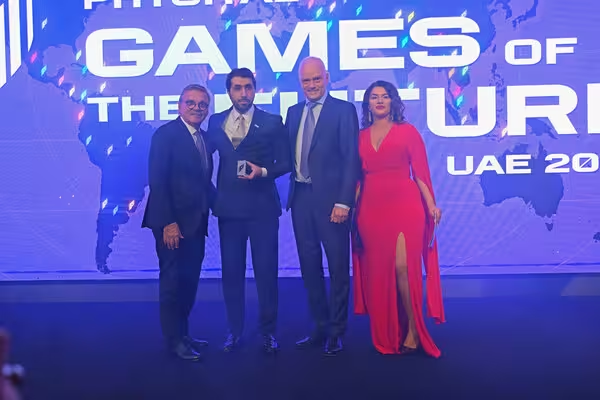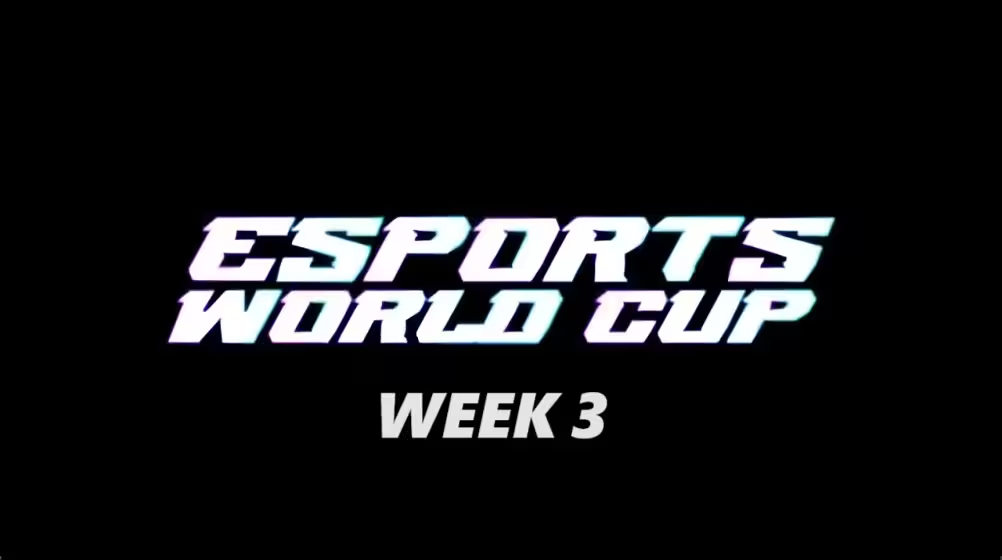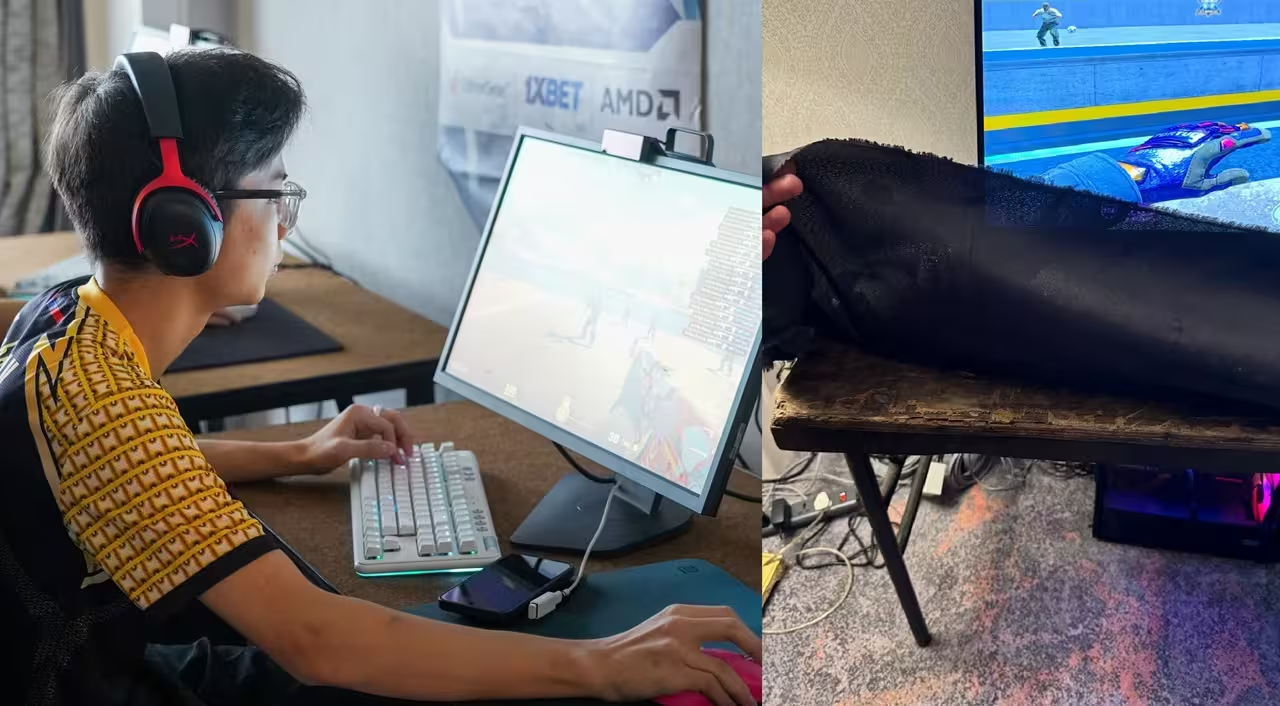While pioneered in Russia, the Games of the Future is going global for its 2025 edition.
The United Arab Emirates (UAE) has been selected to host this innovative Phygital (physical + digital) sports event after an extensive bidding process at the first World Phygital Summit held in Istanbul, Turkey.
What Is the Games of the Future?
The Games of the Future is a first-of-its-kind tournament that blends digital esports with its physical sports competitions.
The $58 million project aims to create an innovative new “Phygital” (physical + digital) sporting movement.
Backed by nearly $60 million in Russian government funding, the first edition just concluded in Kazan between February 21 – March 3, 2024.
The event showcased over 2000 competitors from 107 nations, competing in 21 disciplines (sports+esports) for an impressive prize pool of $10 million.
How “Phygital” Actually Works in an Event?
The competition consists of two stages: digital and physical.
First, teams compete in a simulator on a console or PC, and then they move to a physical field.
The cumulative points from both phases determine the winner.
The 2024 Kazan edition includes the following Phygital event:
- Phygital Skateboarding
- Phygital Racing
- Phygital Fighting
- Phygital Basketball
- Phygital Hockey
- Phygital Football
- Dota 2 + Super Final
- MLBB + Super Final
- Standoff 2 + Laser Tag
- Warface + Laser Tag
- CS2 + Laser tag
- Drone racing
- Speedrun + Super Final
- Battle Tanks Simulator + Super Final
- Sports programming
- Cybathletics
- VR rhythm simulator
- Dance Simulator
- Indoor Cycling
The unique blend of physical and digital gameplay is a key part of the Games of the Future’s innovative approach. Watch the following explainer for a better understanding:
Why Did Russia Create the Games of the Future?
While audacious in scope, the Games of the Future project stems from Russia’s tensions with the traditional Olympic establishment.
Russia has been penalized and, at times, outright banned from various Olympic events due to a state-sponsored doping scandal.
By creating their own alternative “Phygital” sports event, Russia aims to build an entirely new competitive sports circuit where they cannot be excluded on anti-doping grounds.
There are also economic motivations, as esports offers a way for Russia to extend its cultural influence and forge ties with major esports markets like China, Japan, Korea, and Europe.
UAE’s Winning Bid to Host Esports’ Biggest Spectacle
After a competitive bidding process with 9 potential host locations, the UAE was selected to host the 2025 Games of the Future.
According to Games of the Future organizers, the UAE’s state-of-the-art infrastructure, experience hosting major events, and a clear commitment to promoting an active lifestyle were key factors in awarding them the 2025 hosting rights.
The Middle East region is rapidly emerging as a global esports hub, as its rival Saudi Arabia is already hosting two major tournaments in 2024 – the Mobile Legends: Bang Bang Mid-Season Cup and the first Esports World Cup across 19 different game titles.
So UAE is certainly aiming to host a significant esports event of its own in 2025.

The Controversies Surrounding a Russian State-Backed Esports Event
However, Russia’s overt state backing of the Games of the Future has generated heated debates around ethics, sanctions compliance, and intellectual property rights in the esports world.
Some Western countries and esports organizations had reportedly declined invitations to Kazan over association with a Russian state-funded event amid the ongoing Ukraine conflict.
Major non-endemic sponsors had also avoided the reputational risks.
There are also complex legal and financial hurdles for teams from sanctioned countries like the US and EU around receiving and transferring prize money from Russian entities.
Russia had even proposed a domestic law to bypass licensing requirements from major game publishers whose titles are featured in the 2024 edition.
Nevertheless, as the Games of the Future expands to neutral ground in the UAE for 2025, it will be interesting to see if the controversies around its Russian roots persist or fade away.
Source: PRNewswire
Discover more from Gaming Foodle
Subscribe to get the latest posts sent to your email.





